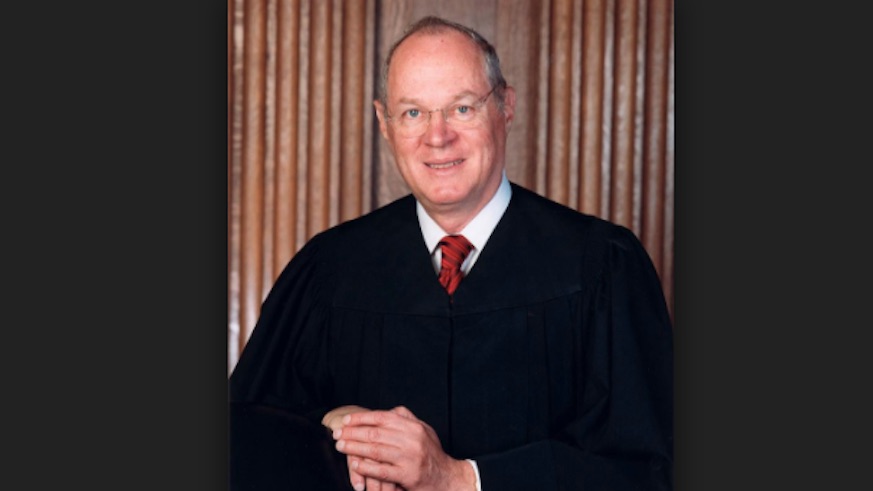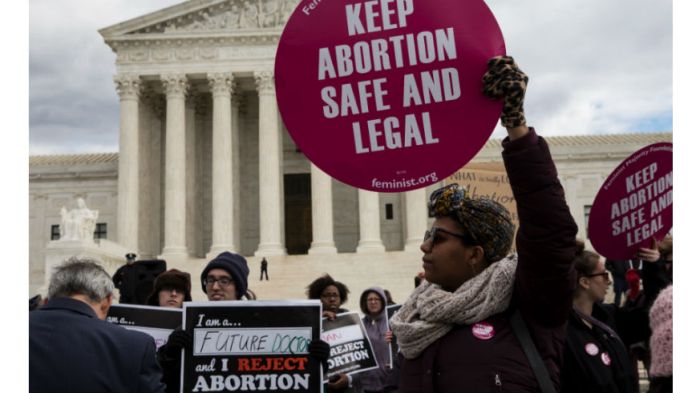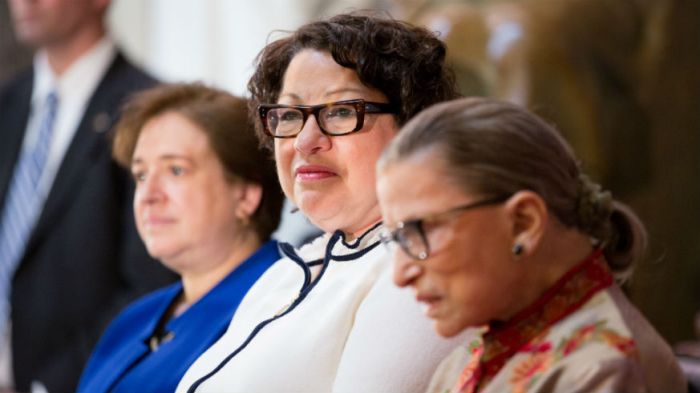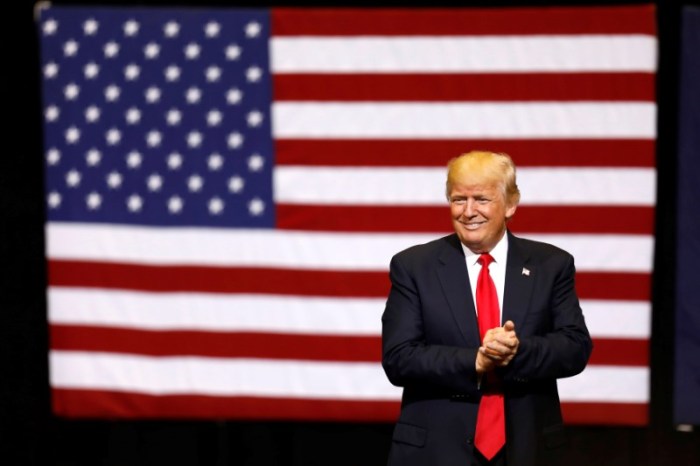As the Supreme Court penciled a number of high-profile cases dealing with Trump’s travel ban, religious liberty and voter rights onto its calendar, some scholars think Justice Kennedy’s retirement rumors are likely to remain just that.
The 80-year-old justice, who has often provided the swing vote on cases dealing with subjects like abortion and gay rights, had been rumored for months to be considering retirement, and many reported Justice Kennedy would announce his pending retirement on Monday during the court’s last public session prior to its long summer break, as has been the tradition with many justices.
But as the calendar was set, Kennedy made no such announcement, to the delight of liberals.
A Supreme Court without Justice Kennedy
Without Kennedy’s voice on the Supreme Court, conservatives are likely to gain control of the court, as the decision on the next appointee would likely be left to Trump. On the campaign trail, Trump repeated his goal of overturning Roe v. Wade, the landmark 1973 case that ruled women have a right to abortion.
Kennedy is considered a conservative justice, but he has provided a crucial swing vote on many important cases, and he has sided with his liberal colleagues on social issues like abortion rights, gay rights and affirmative action.
“Justice Kennedy is the most powerful jurist in the world,” law professor Jessica Levinson of Loyola Law School told CNN. “The longer he stays on the court, the greater the chance he can shape the legal doctrine for years to come.”

How Justice Kennedy’s swing vote shapes Supreme Court decisions
The Supreme Court’s Monday decision to allow part of President Donald Trump’s travel ban on six majority-Muslim nations to go into effect and take up aspects of it in court later in the year is an example of political compromise orchestrated under a balanced court, according to a Baltimore Sun editorial.
“It is reminiscent of other baby-splitting decisions by the Roberts [Chief Justice John Roberts] court in politically tricky cases, and it is difficult to see what it portends either in the weeks ahead or after the court hears arguments this fall,” the paper wrote.
In the decision signed by Chief Justice John G. Roberts Jr. and Justices Stephen G. Breyer, Ruth Bader Ginsburg, Elena Kagan, Anthony Kennedy and Sonia Sotomayor, foreign nationals will be admitted entry into the U.S. only if they have a “bona fide relationship to a person or entity.” Those without such a connection won’t be admitted.
Three justices, however, wanted to see the travel ban go into full effect and think this “compromise” will cause chaos as agencies seek to define the meaning of a “bona fide” connection.
Kennedy may see it as his duty to help usher a compromise to the complicated idea of President Trump’s travel ban.
“The world – and Justice Kennedy – likely suspect that both those challenging and defending the so-called travel ban are arguing to an audience of one,” Levinson said.
Pending Supreme Court cases keeping Justice Kennedy on the bench
On Monday, the court also agreed to hear a case on religious liberty that could impact the 2015 same-sex marriage decision, for which Kennedy cast the swing vote and wrote the landmark opinion.
The case concerns a baker who refused to make a cake for a same-sex couple’s wedding.
Another upcoming case that is of interest to Justice Kennedy deals with gerrymandering and the role of politics in redrawing district lines.



















